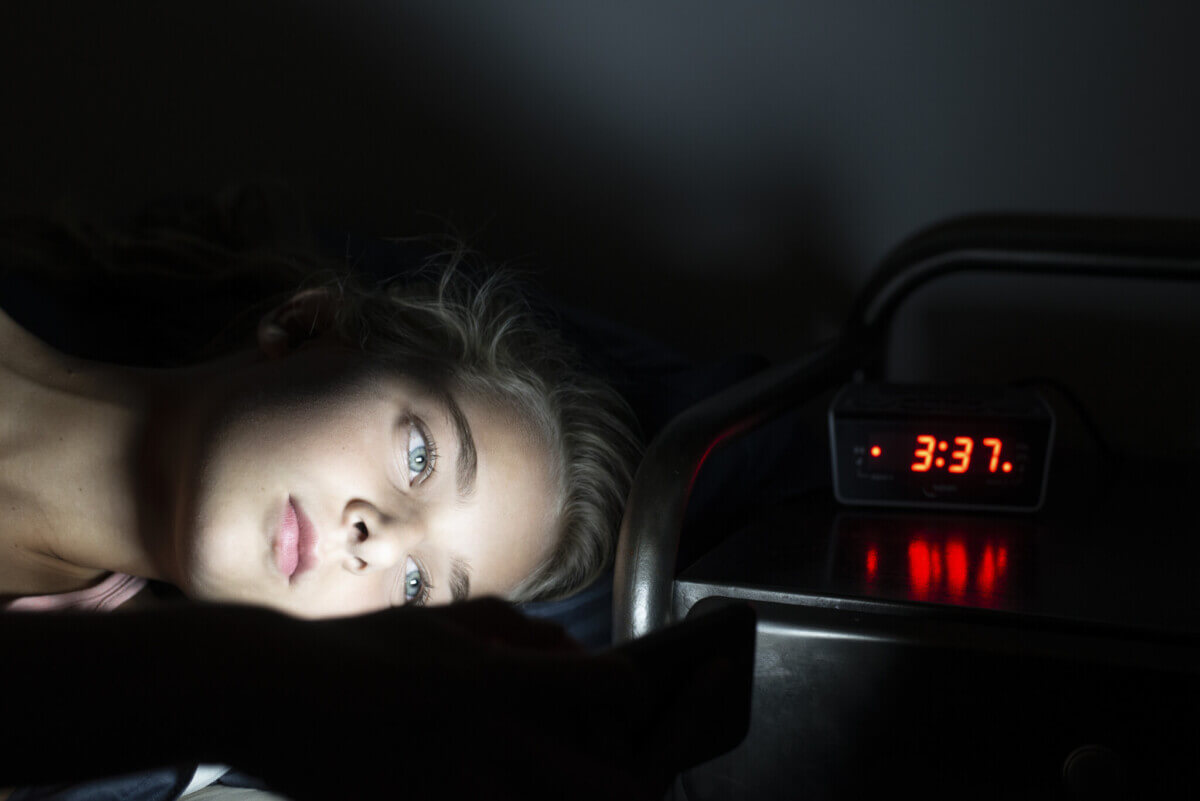
(© patrick - stock.adobe.com)
READING, England — A good night’s sleep is really important for the developing brain. The brain’s growth and development can suffer if it’s not well rested. That’s especially the case for younger minds. A new study led by researchers from the University of Reading shows a strong connection between poor sleep in teenagers and a higher likelihood of experiencing mental health issues.
The research team recruited 4,790 teens to participate in the study. Participants had either been diagnosed with depression and/or anxiety, or they were healthy controls. The study relied on reports from the teens regarding how much sleep they log each night and the quality of their sleep. They also underwent health assessments at ages 15, 17, 21 and 24.
Researchers combed through the sleep and health reports and discovered some troubling findings. The teens diagnosed with depression struggle with both the amount they sleep and the overall quality. Teens who feel anxious are able to sleep through the night, but their sleep isn’t very good.
The authors were really surprised to see just how much sleep that depressed teens are losing.
“What’s noticeable is that the difference in average amount of sleep between those who experienced depression, which amounts to going to sleep 30 minutes later each night compared to other participants,” explains Dr. Faith Orchard, a Lecturer in Clinical Psychology at the University of Reading, in a release. “Within the data, there were some participants who reported hugely worse quality and quantity of sleep, and the overall picture highlights that we need to take sleep much more into account when considering support for teenager wellbeing.”
Clear link between teens’ sleep totals, depression
The group of control teenagers were getting adequate sleep. These teens were averaging eight hours of sleep on a school night, and nine-and-a-half on weekends. Depressed teens are lucky if they get seven and a half hours on a weeknight and nine on a weekend.
“The National Sleep Foundation recommends that adolescents aged between 14-17 years typically need around 8-10 hours of sleep each night,” says Professor Alice Gregory, a collaborator from Goldsmiths University. “What is notable here is that the group with a diagnosis of depression most clearly fell outside of these recommendations during the week – getting on average 7.25 hours of sleep on each school night”
The authors note that this study is based on self-reported information from the teens so it’s less accurate than a formal sleep study. Still, the fact that teens are reporting worse sleep quality and quantity is quite significant.
“This longitudinal study confirms what we see clinically – that poor sleep during adolescence can be a ‘fork in the road’, where a teen’s mental health can deteriorate if not treated, adds Professor Michael Gradisar, a co-author from Flinders University in Australia.
“Fortunately there are sleep interventions available for schools and individual families – and these can place teens back on the road to healthy sleep,” Gradisar concludes.
The study is published in the Journal of Child Psychology and Psychiatry.
[fb_follow /]









